Wilderness Journal
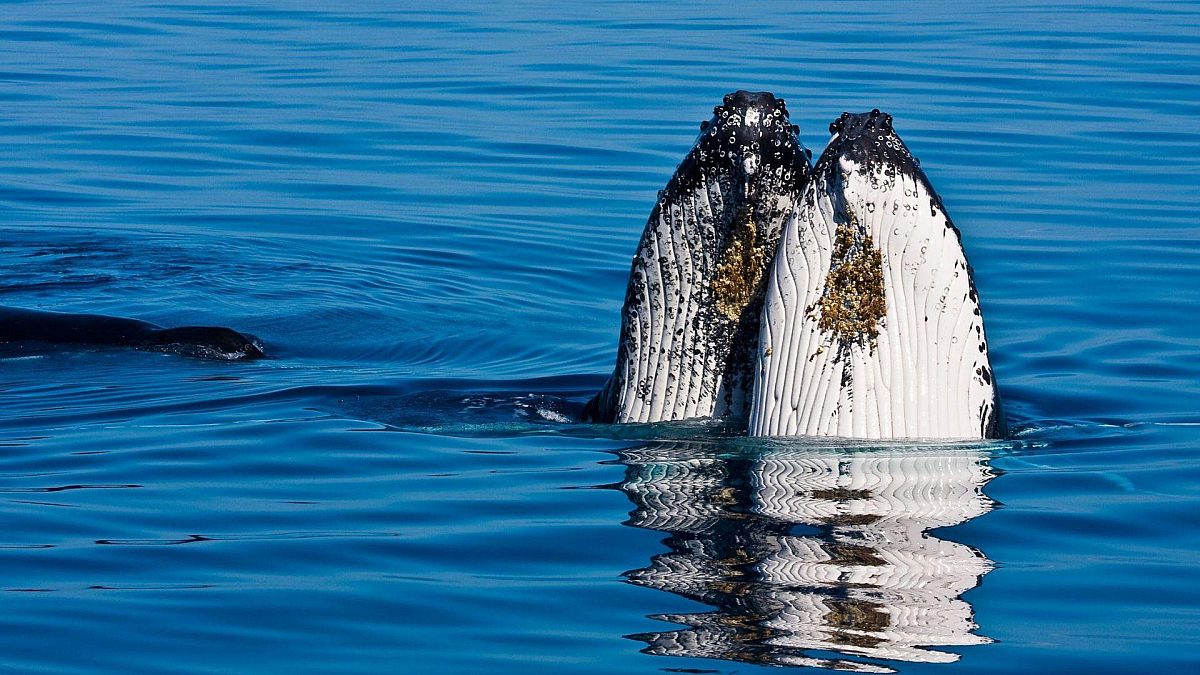
Highlights from January to March 2024
The important work for nature your incredible support has delivered
In the last few months: progress in Victoria's native forests, an end to PEP-11, Watch on Nature proves to be a powerful force for good, and more besides.
An update from the Kimberley
Speaking from Rubibi / Broome in Yawuru Country in the beautiful Kimberley, National Campaigns Director Amelia Young gives a round up of all the exciting things that have happened in the last few months.
There's the powerful TV advert campaign during the Tasmanian state election, progress in Victoria's native forests, while Watch on Nature goes from strength to strength proving a powerful force for good. And all thanks to your support.
Our work in numbers
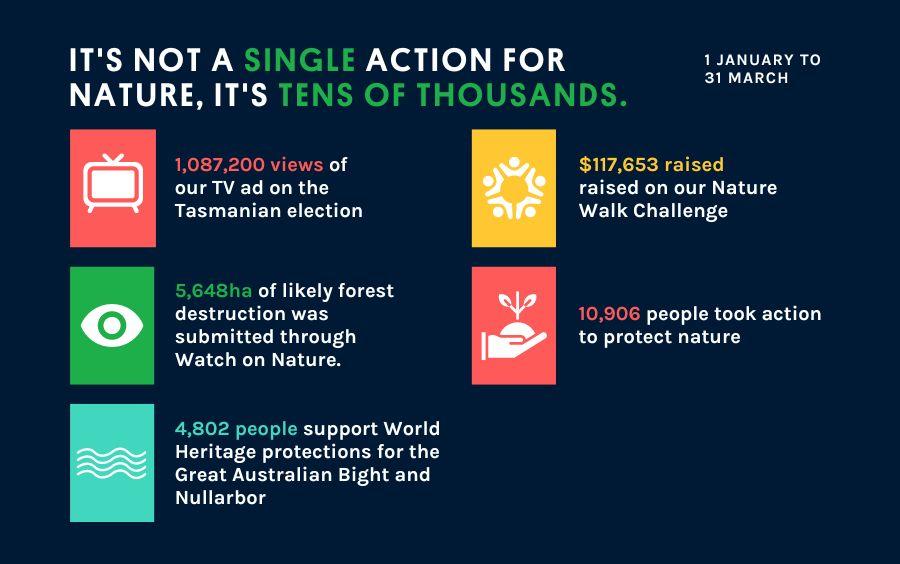
Big changes are happening in Victoria’s forests
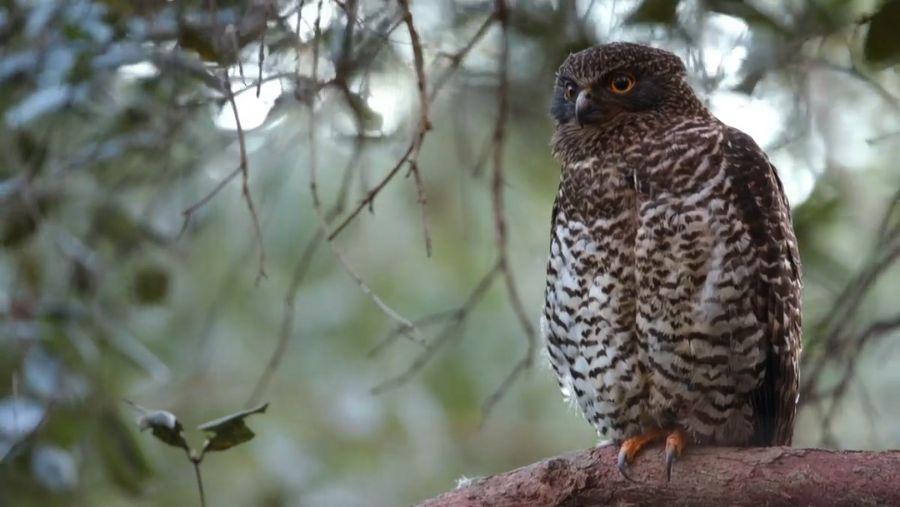
Have your say!
The Victorian government is inviting Victorians like you to answer an important survey about the future of state forest areas now that native timber harvesting has finally ended. This is your chance to tell the government why you care these precious ecosystems are protected for good.
Learn more and take the survey!
Final axe falls on timber harvesting
There was much to celebrate at the start of this year when industrial native forest logging ended in Victoria on 1 January 2024—a victory decades in the making. But community forestry operations were exempt, meaning trees were still being cut down in state forests like Wombat, Mount Cole, Pyrenees, Lerderderg, and Cobaw.
Thanks to the power of local nature advocates, all timber harvesting operations in Victoria’s west finally ceased on 5 February! This is incredible news for these forests and all the precious life they hold, including threatened species like brush-tailed phascogales and powerful owls.
New hope for rare possum
And there’s more good news for another of Victoria’s threatened animals: the critically endangered Leadbeater’s possum, with Environment Minister Tanya Plibersek announcing a Recovery Plan for the species in early March to secure its long-term survival.
“We are looking forward to seeing this adequately funded in the state and Commonwealth budgets. Now that it has a Recovery Plan, what this species urgently needs next is practical action,” says Matt Landolfo, Campaigns Manager for Wilderness Society Victoria.
This is a key test for the Albanese government's ‘zero extinctions’ commitment, and with your help, we’ll be keeping the pressure on to ensure the Plan is delivered as promised.
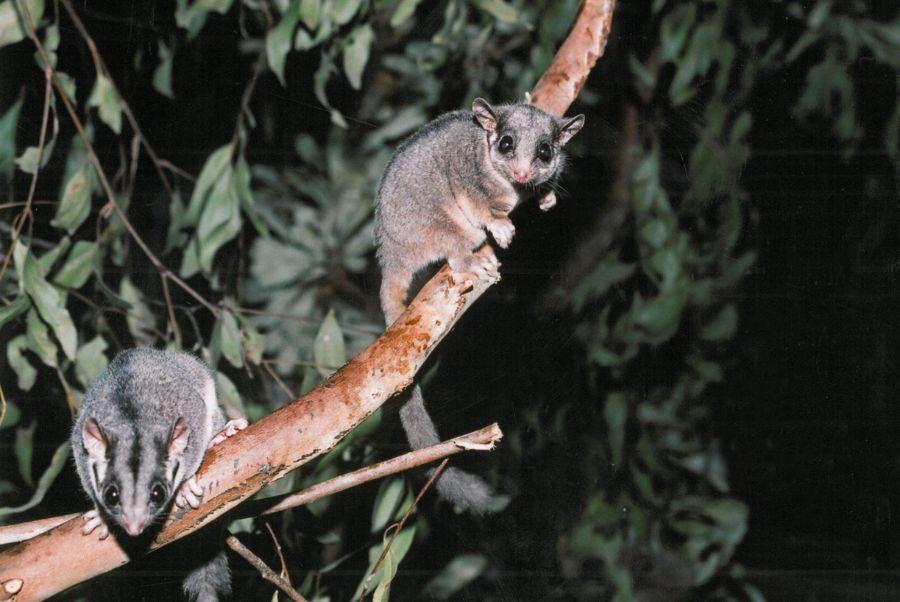
VicForests wound up
In more welcome news, state-owned logging corporation VicForests will come to an end on 30 June 2024, after twenty years of forest mismanagement. This is an important step forward for the protection and restoration of 1.8million hectares of Victoria’s globally significant native forests, and one that couldn’t have happened without supporters like you.
Together, we are lobbying the Victorian government to instead preserve the state’s iconic native forests for future generations by creating the Great Forest National Park and other protected areas—as well as delivering on conservation economy proposals like the Emerald Link.
Take the survey to have a say on the future of Victoria's forests!
All Victorians should have the chance to enjoy these magnificent natural wonders into the future—and with your continued support, they will.
Watch on Nature: a powerful force for good
Our web-based satellite monitoring program, Watch on Nature, is so effective at detecting deforestation as it happens across the country that many other organisations are now using the platform!
Victoria National Parks Association, Environs Kimberley, Pew Charitable Trusts, Environment Centre Northern Territory (ECNT), as well as some Traditional Owner groups, have all taken up this powerful tool—and there is real strength in numbers when it comes to monitoring and reporting on forest destruction.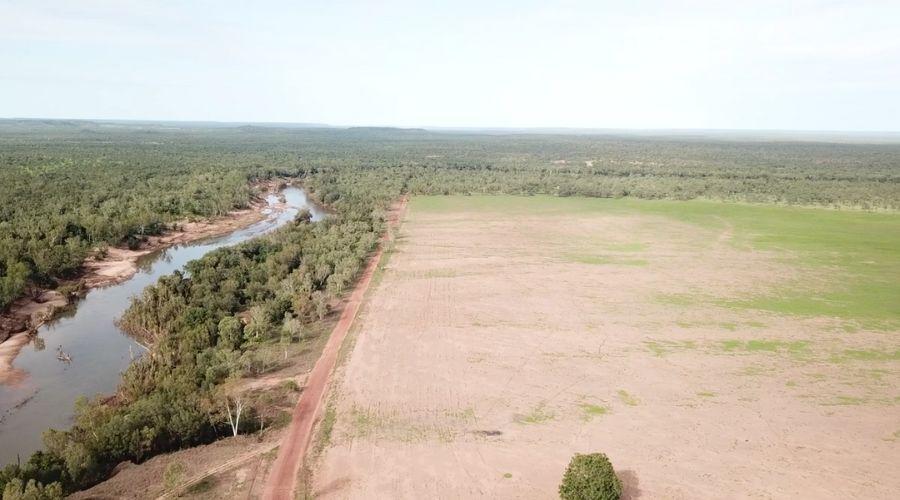
Last year, ECNT and the Wagiman Traditional Owners uncovered potentially illegal deforestation on Claravale Station using Watch on Nature, where globally rare tropical savanna was bulldozed to dust for a cotton plantation. The ABC covered this story and now the NT government has fined Claravale Station over this alleged unpermitted destruction—possibly the first time in the territory’s history that a government has taken any such action.
It’s clear that this platform, which your donations support, is having real-world impact.
NSW bans oil and gas
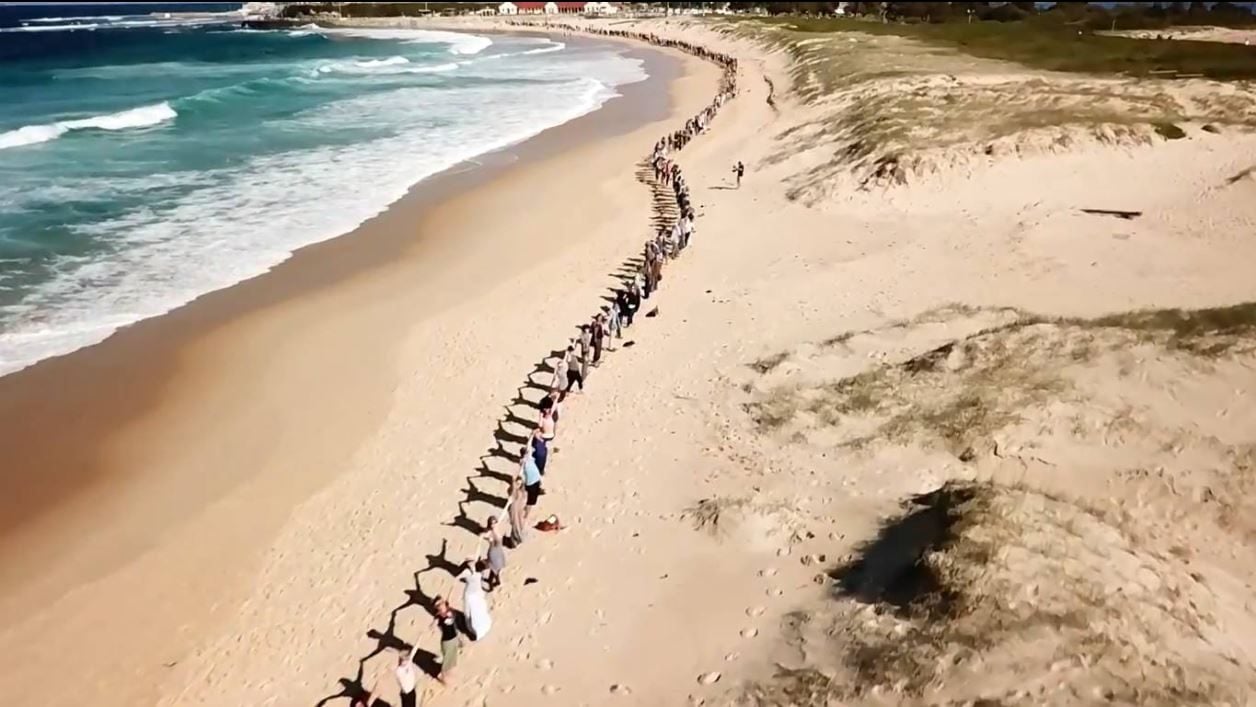
In an historic turn of events, earlier this year the NSW government legislated a ban on oil and gas mining in NSW coastal waters.
This makes NSW the first Australian state to ban oil and gas along its coastline. This outcome clearly shows that the tide is turning for Australia’s fossil fuel industry.
The Wilderness Society has worked alongside communities to challenge the controversial PEP-11 gas proposal for many years, due to the devastating impact the project would have for people, nature and climate if it were to go ahead.
This decision will provide certainty that the state’s coastal communities and marine wildlife will be protected from the destructive impacts of offshore mining activities.
Victoria Jack, NSW Campaigns Manager for Wilderness Society, said, “It’s not so long ago that a legislated ban on offshore oil and gas mining would have seemed unimaginable. The fact that we are here now shows that a better future is possible when governments are accountable to the community instead of the fossil fuel lobby.”
Exposing loopholes in environment law
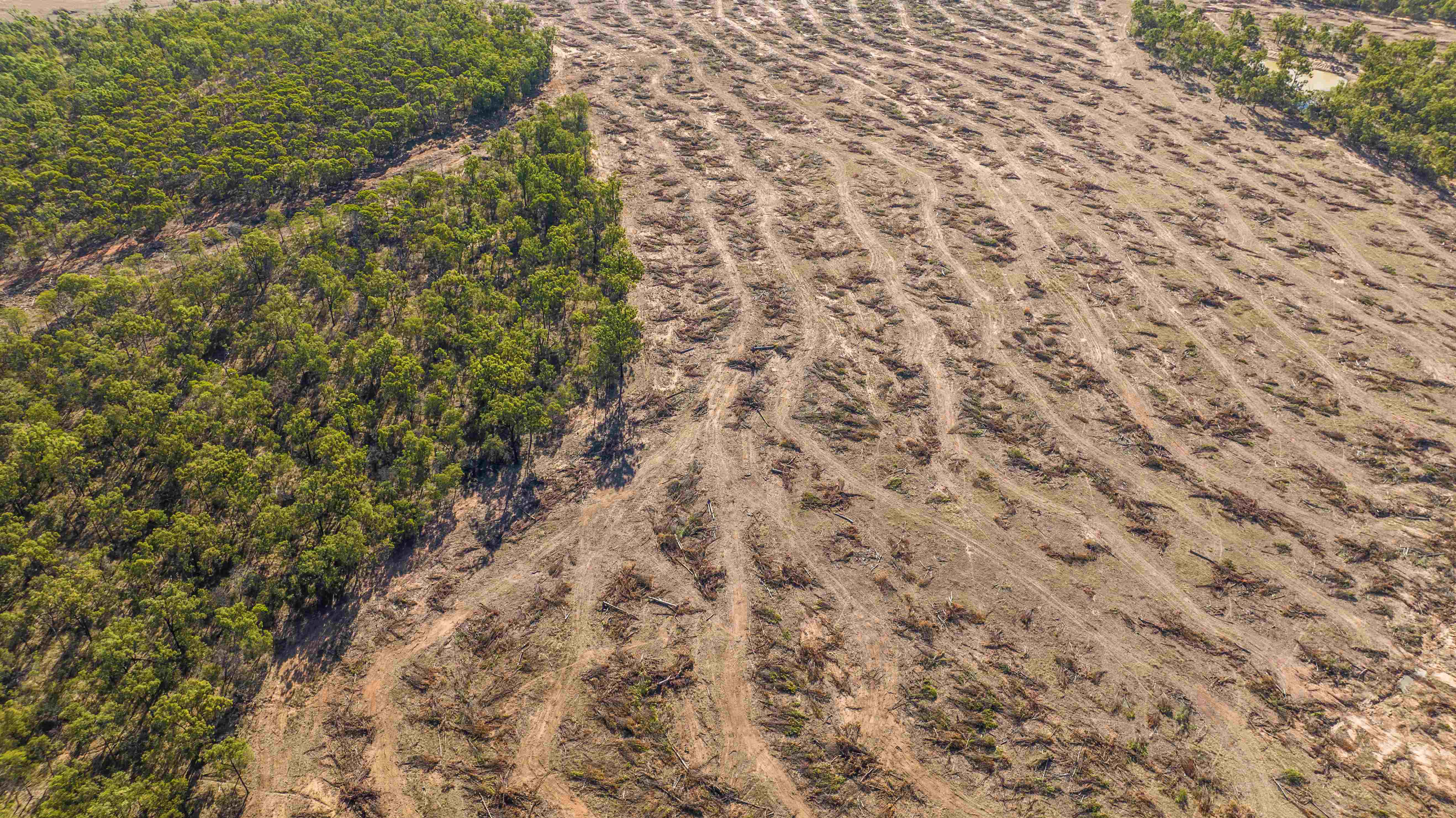
The Wilderness Society has led a joint investigation with two other environment groups that uncovered multiple instances of potentially illegal deforestation, as they were not referred to the federal government for approval.
It is because of your support that Hannah Schuch, Queensland Campaigns Manager, and the Wilderness Society’s GIS analysts were able to expose alarming loopholes in Australia’s national environment law, the Environmental Protection and Biodiversity Conservation Act (EPBC) resulting in large swathes of Queensland’s forests and bushlands bulldozed every day.
Not only are there loopholes big enough for the bulldozers to drive through in the current national environmental law, but it's not even being enforced.
Australia is globally-recognised as a deforestation hotspot so monitoring the unlawful destruction of forests should not be left to environmental organisations like us.
Deforestation of Queensland’s forests and bushlands is putting threatened species like the koala on the fast track to extinction–leaving them homeless, injured or at worse killed. It is also impacting the Great Barrier Reef with runoff and contributing to climate change.
Together, we’re tackling Queensland’s deforestation crisis on multiple fronts:
We’re building pressure for strong new national nature laws that actual work to protect critical habitat and the forests they call home
We’re using our Watch on Nature citizen science app to expose deforestation as it happens and the loopholes in state and federal laws that allow it to go unchecked
We’re building pressure on big beef sellers–like supermarkets and fast food chains–to go deforestation free
We’re building pressure on the European Union to recognise Australia’s deforestation crisis so that companies that sell their products in Europe will have to prove they did not destroy forests.
In the media
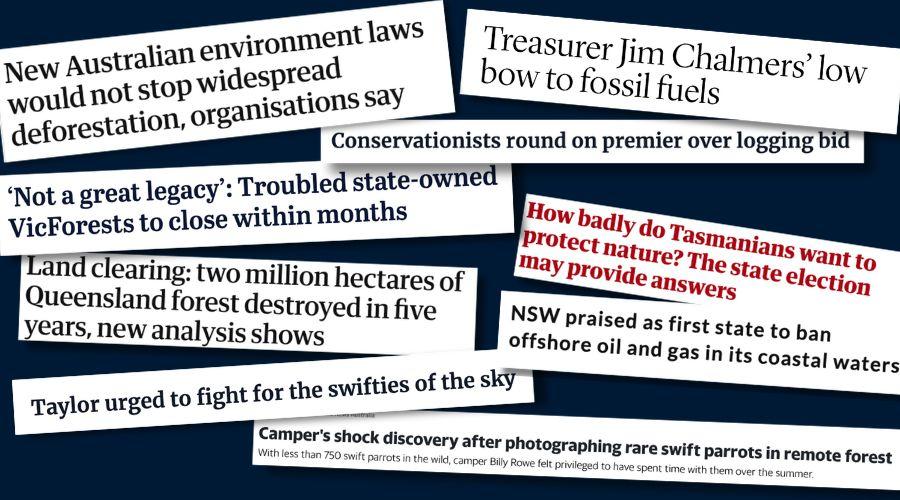
Check out some of the Wilderness Society's most impactful media from January to March 2024. Including:
- The Guardian - How badly do Tasmanians want to protect nature? The state election may provide answers
- Newcastle Weekly - NSW praised as first state to ban offshore oil and gas in its coastal waters
- The Saturday Paper - Treasurer Jim Chalmers’ low bow to fossil fuels
- The Age - ‘Not a great legacy’: Troubled state-owned VicForests to close within months
- Yahoo! News - Camper's shock discovery after photographing rare swift parrots in remote forest
- The Guardian - Land clearing: two million hectares of Queensland forest destroyed in five years, new analysis shows
- The Examiner - Conservationists round on premier over logging bid
- Canberra Times - Taylor urged to fight for the swifties of the sky
- The Guardian - New Australian environment laws would not stop widespread deforestation, organisations say
Election in Lutruwita / Tasmania
The Wilderness Society is just that: a society. A society of people who care about nature.
People like us go by many names: activists, nature lovers, conservationists, environmentalists—just to name a few. But those names are often spoken like dirty words by too many politicians. Politicians who ignore or ridicule our care for nature.
That’s why, with the support of people like you, we filmed a TV ad that ran across Lutruwita/Tasmania in the lead-up to the state election in defence of all of us who care.
Right now, it’s more important than ever that people who care about nature are heard by parliaments—any parliament, not just Tasmania’s—and that there are politicians in government who will be a voice for nature. The ad showed that we’re here, we care, and we won’t be ignored.
Fossil Fuel company TGS sent back to the drawing board on giant seismic blastic proposal
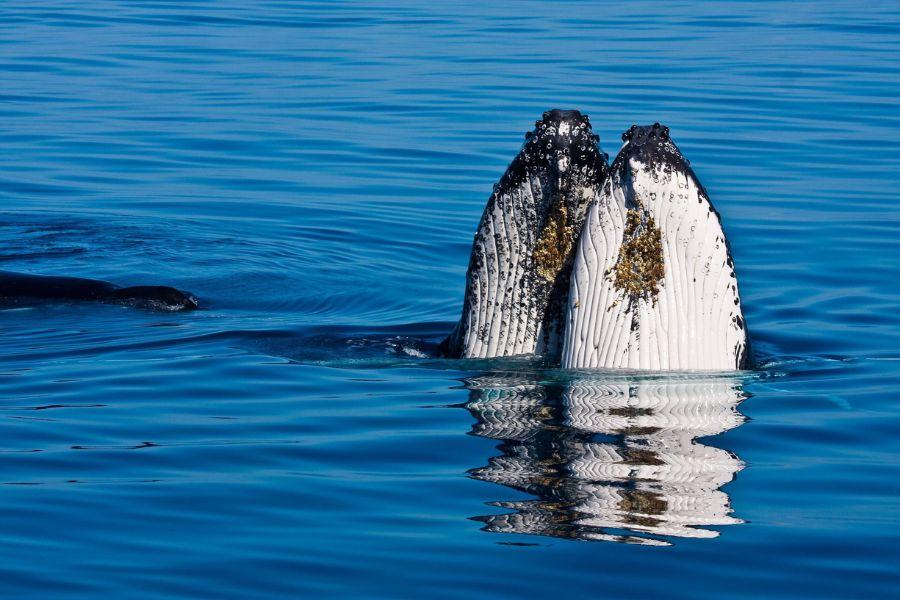
Last year, 3,971 supporters joined the Wilderness Society in speaking out against a proposal by giant fossil fuel mapping company TGS to use dangerous seismic blasting looking for new oil in the oceans near Tasmania and Victoria.
Seismic blasting is loud, but we were louder!
In March, we learned that after extensive community opposition, Australia’s national oil and gas regulator sent TGS’s plans back to the drawing board.
TGS’s threat of new oil and gas blasting is far from over, but it’s delayed for now. That’s thanks to the incredible commitment of people like you in our communities speaking up to protect the wild southern oceans, whales and other marine life that call them home.
The Wilderness Society has exciting plans afoot to continue to expose the oil and gas industries failure to protect Australia’s marine environment. Stay tuned!